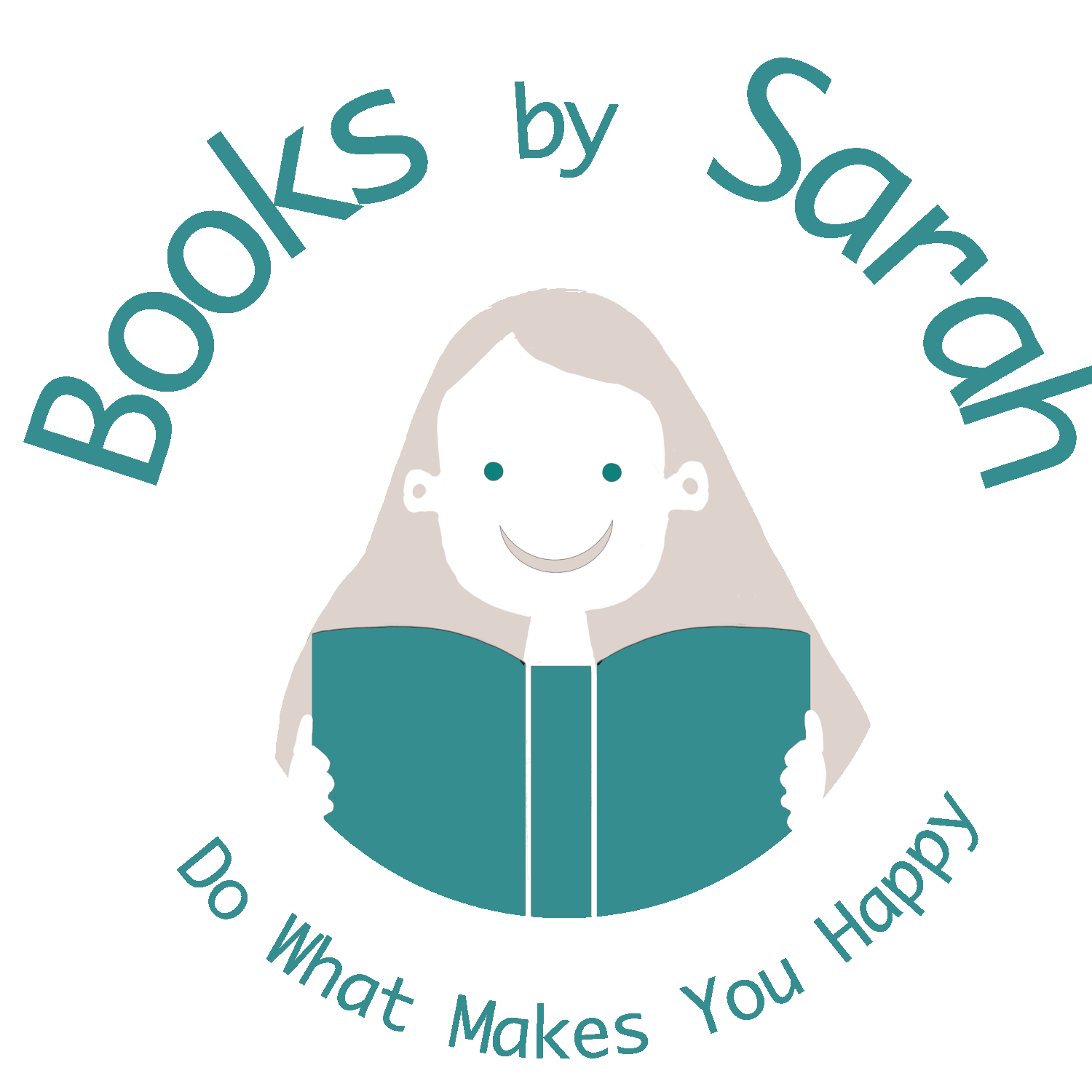What does a Permissions Editor do?
I often get asked what my job as a permissions editor involves, and the question has prompted me to write this short article. Maybe you are an author or an editor and need some expert help, or maybe you are someone just starting out in publishing and feel inspired to get involved.
If you are a ‘people person’ like me, it is great because you will deal with and work for interesting and diverse people all over the world. You will write to agents and publishers of famous authors or even the authors themselves (thrilling to get a reply from someone really well known). You will build relationships with lots of lovely publishing people (they are the best!) and grow to understand who is likely to reply quickly, who will take longer, - and those who never reply…
You can do the job ‘in-house’ working for a publisher or you might be freelance. I have done both which had given me a really good breadth of experience. Fundamentally it is the responsibility of the permissions editor to ensure that copyright relating to all third-party material used in a book is respected and adhered to at all times.
What is third party material?
Third party material is anything created by someone other than the author or publisher of the book. All sorts of wonderful creations such as prose extracts, poetry, music lyrics or score, illustrations, scientific data, journal extracts, logos, screenshots, graphs, works of art, photographs and more. When an author creates a manuscript, they may want to include all sorts of third party material in their new book.
Permissions editing is a role that is often required within Educational Publishing, but I have also worked for authors when they are self-publishing academic works and for trade book publishers such as Penguin.
Often, when working in Educational Publishing, the textbooks and courses will not function without extracts which may form part of the curriculum. If you are good at languages this a great role too; my French has really improved since working on French language books!
You gain a very thorough understanding of the publishing process from manuscript to print, scheduling, editorial processes and design. You may only work with one project manager on a title or you may work with several people in different departments.
The Permissions Editor needs to have a thorough understanding of copyright law and other nuances such as ‘fair dealing’. They need to be able to speak confidently and inspire confidence in a team. Project management, budgeting, negotiation and pragmatism all come into the equation. And if you like problem solving, there is lots of that.
Research skills are also very important. Finding the correct copyright holder for an extract is not always easy. Material can have more than one rights holder (if a book has been licensed by different agencies in different territories for example) and understanding when something is out of copyright or in the public domain (and the exceptions) takes experience.
And every now and then, there are golden moments such as receiving permission for a crucial piece of text at the eleventh hour which makes the editor and the author very happy!
I combine my role with picture research (finding the photographs for books) which brings even more creativity to the role but often people will choose to specialise in one role or the other.
And the beauty of working for myself is that I can work the hours that suit me and make time for my own hobby, drawing and illustrating my own books!
If you are thinking of working in publishing and want to know more, or if you are already an author or editor and you have realised that you may need some help, please get in touch.
You can read more on my Permissions By Sarah website
